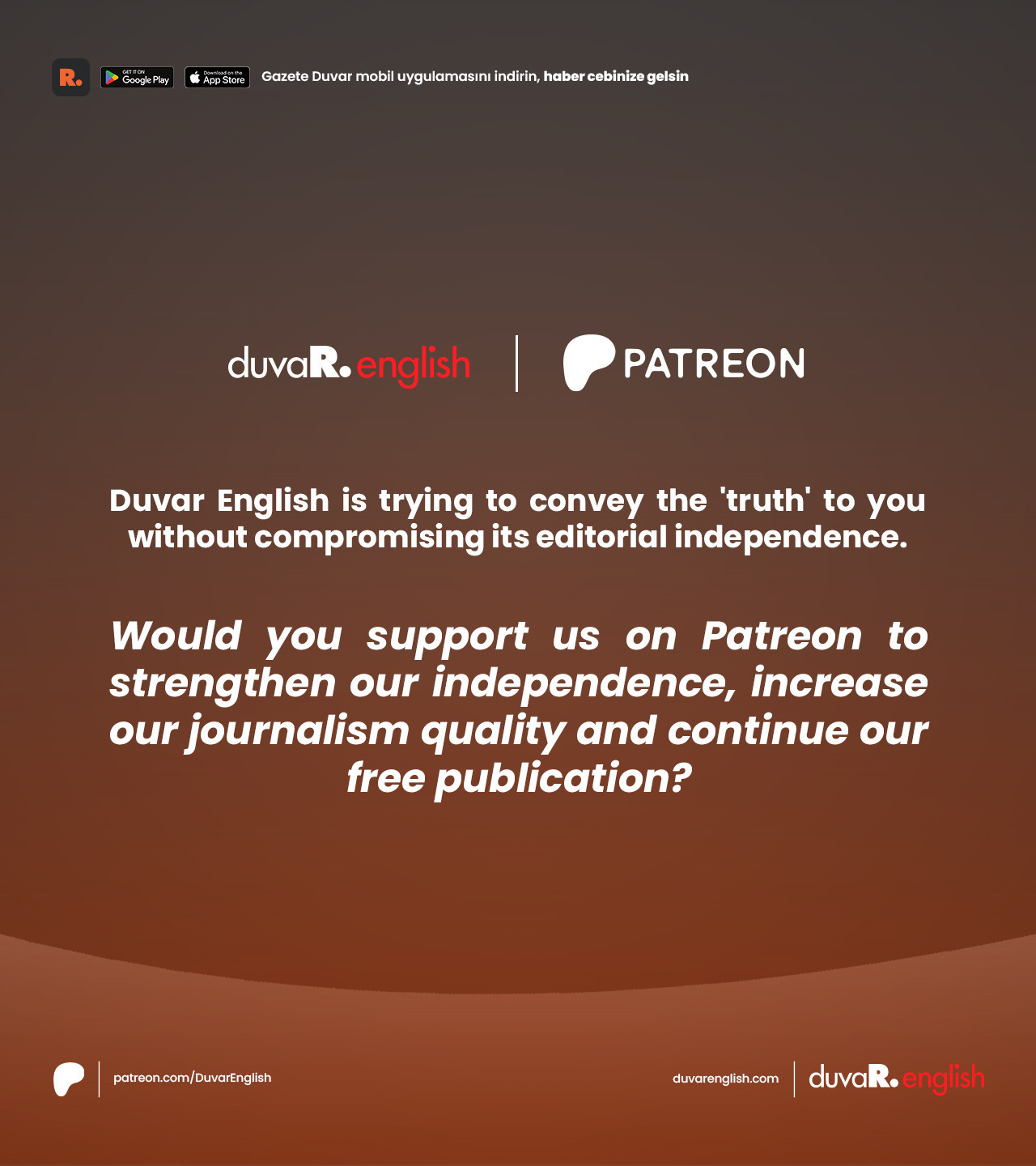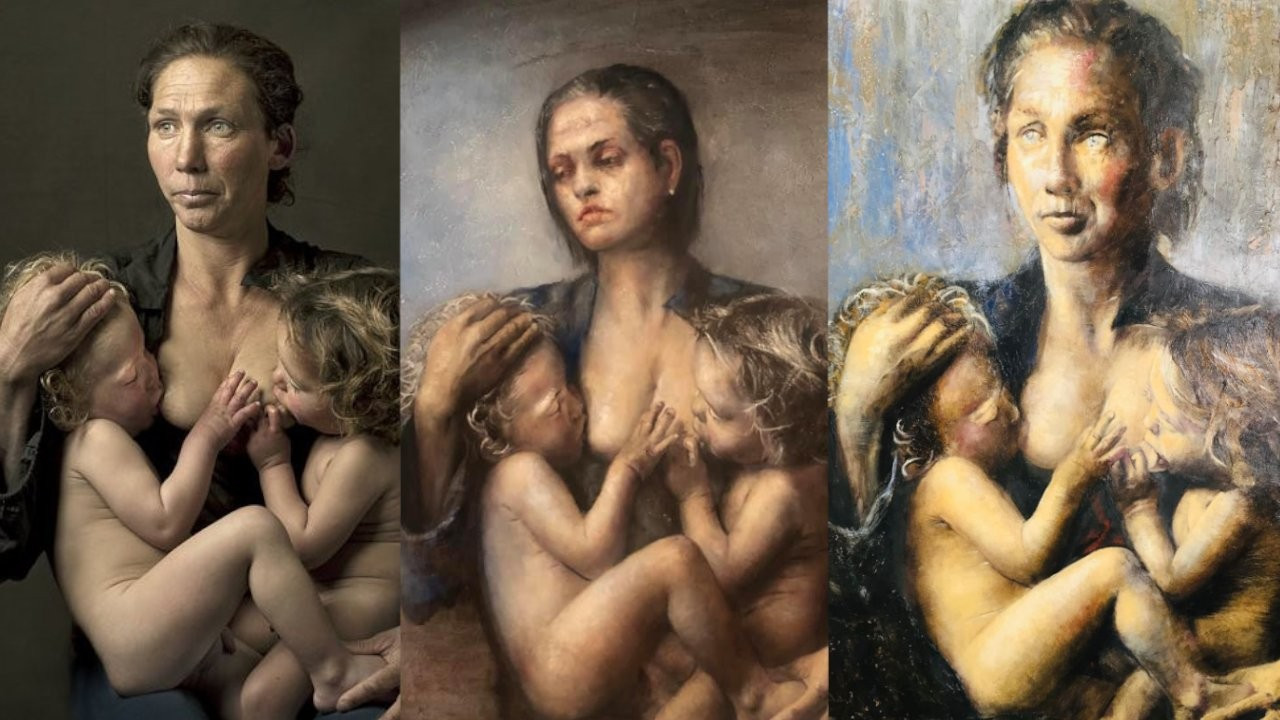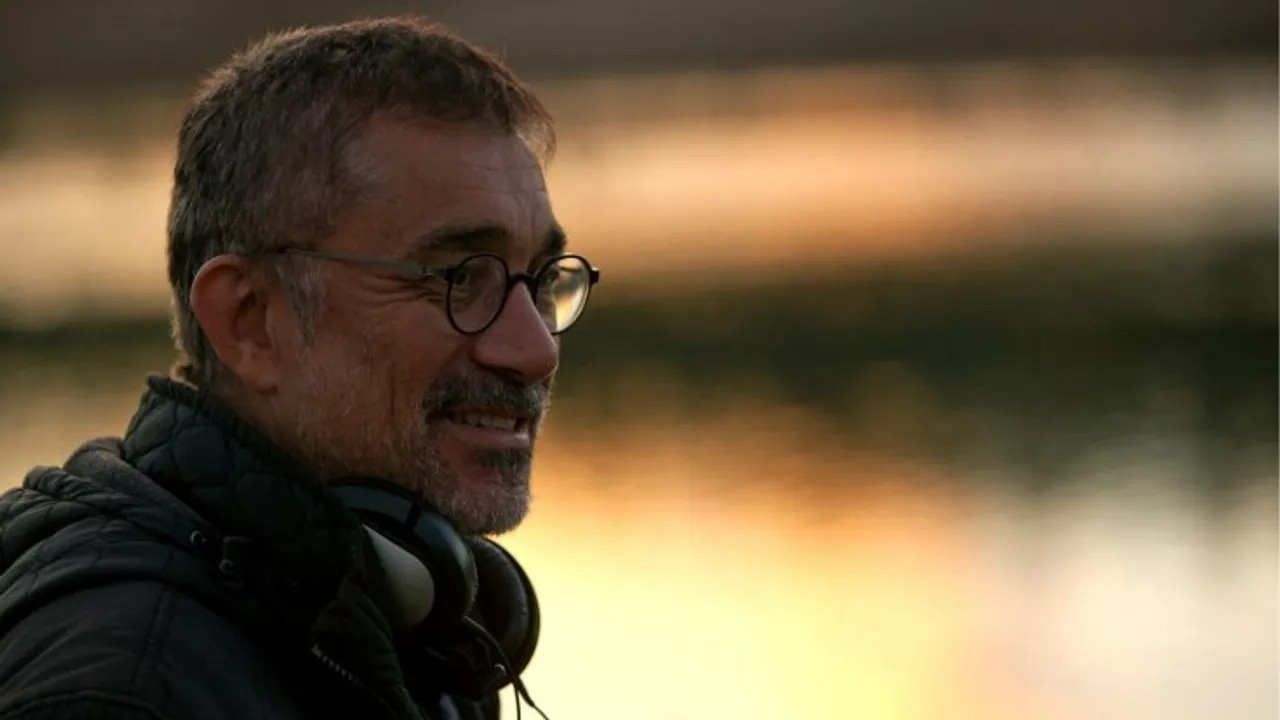Turkish court rules renowned novelist Elif Şafak plagiarized from another novel
A Turkish court has ruled that renowned novelist Elif Şafak “five percent plagiarized” from Mine Kırıkkanat’s Sinek Sarayı (Palace of Flies) novel in her Bit Palas (The Flea Palace) novel and ordered her to pay compensation. Şafak's publisher Doğan Kitap rejected the court ruling “in the name of law and literature,” which was given “based on a highly controversial expert report.” Şafak and Doğan Kitap have applied to the appeals court regarding the decision.
Duvar English
An Istanbul court has ruled that renowned novelist Elif Şafak plagiarized from Mine Kırıkkanat’s Sinek Sarayı (The Palace of Flies) novel in her Bit Palas (The Flea Palace) novel, Kırıkkanat announced on Jan. 24.
In a social media post, Kırıkkanat shared the ruling of the Anadolu 1st Civil Court of Intellectual and Industrial Rights dated Dec. 14.
KAMUOYUNA SAYGIYLA DUYURULUR:
— Mine G. Kırıkkanat (@mkirikkanat) January 24, 2024
19 Ekim 2021 tarihinde Elif Şafak’a karşı açtığım intihal davası; lehime sonuçlanmış bulunmaktadır.
Anadolu 1. Fikri ve Sınai Haklar Hukuk Mahkemesi, ilişikteki gerekçeli kararda ayrıntılı biçimde açıklandığı gibi Elif Şafak’ın “Bit Palas”… pic.twitter.com/crSL6g1JH3
The court ruled that Şafak “five percent plagiarized” from Kırıkkanat’s novel based on “the fictionalization, characters, unity of space and time, and the plot in (Şafak’s) book benefited from the title and content of (Kırıkkanat’s) book far beyond inspiration at the level of plagiarism.”
Kırıkkanat’s Sinek Sarayı was first published in 1990 and Şafak’s Bit Palas in 2001.
The court ordered Şafak and Bit Palas’ publisher Doğan Kitap to pay about 252,000 liras in total to Kırıkkanat in compensation.
If the decision is finalized in the appeals court, Elif Şafak's novel Bit Palas will not be reprinted, and the editions already on the market will be confiscated.
Doğan Kitap, on the other hand, rejected the court ruling “in the name of law and literature,” which was given “based on a highly controversial expert report.”
AÇIKLAMA: Tartışmalı bir bilirkişi raporuna dayanarak mahkemenin verdiği hukuk dışı kararı tamamıyla reddediyoruz. Yazarımızın haklarını, edebiyatı ve hakikati sonuna kadar hukuk yoluyla savunacağımızı tüm edebiyatseverlerle paylaşıyoruz. pic.twitter.com/ITS9Jxw944
— Doğan Kitap (@dogan_kitap) January 24, 2024
“The acceptance of Mine Kırıkkanat's baseless and irrational allegations of ‘plagiarism’ about Elif Şafak's novel published 22 years ago, based on the controversial report of a person with uncertain literary competence, does not comply with any legal, literary and conscientious criteria. Our lawyers immediately filed the necessary objections to the decision. We will continue all higher court processes until the end,” it added.
Doğan Publications said that claiming plagiarism by saying “There is an Art Nouveau apartment building in Beyoğlu in this book and an apartment building in the other, there are alley cats and garbage bins in both books” can only be characterized as “deliberate, forced and malicious.”
Moreover, it deemed the expert report which found “five percent plagiarism” in Şafak’s novel “an exemplary document for literature and law with its content and style.”
“Even in this problematic report, which argues that there is a ‘5 percent’ similarity between the two books with extremely vague criteria, it is openly admitted that there is no significant quotation between the two books… However, after clearly stating that there is no quotation even in any chapter, page or paragraph, the ‘expert’ invented a concept called ‘keyword’ and claimed that the following words are similar: ‘neighborhood, street, city, Istanbul, France, famous people, minorities, janitor, transvestite, environment, inheritance…’,” it added.
Doğan Publications condemned the decision “given without considering the nature of literature, the horizons of creativity and freedom of thought.” It added that there are dozens of comprehensive reports and reviews written by highly respected and experienced authors, professors of literature and international translators comparing the two books, which found “no similarity, let alone plagiarism.”


 Kurdish artist who accused painter of plagiarism revealed to have copied another's workCulture
Kurdish artist who accused painter of plagiarism revealed to have copied another's workCulture Acclaimed Turkish director Nuri Bilge Ceylan to pay compensation over using literary work without permissionCulture
Acclaimed Turkish director Nuri Bilge Ceylan to pay compensation over using literary work without permissionCulture